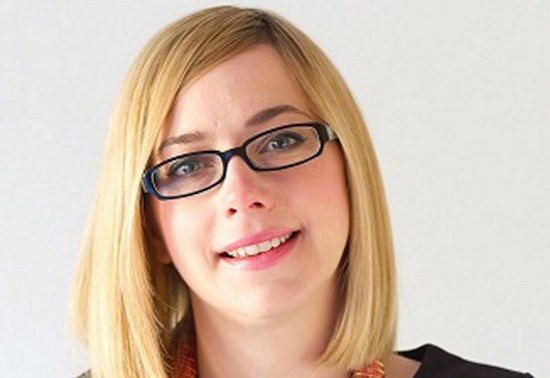Understanding healthy ageing
New research aimed at better understanding healthy ageing among older South Australians is due to begin next month thanks to a new partnership with an aged care services provider.

Project leader, Dr Joanna Brooks, has teamed up with South Australian aged care provider, ACH Group, to better understand healthy ageing.
Researchers at the University of Adelaide and the University of Edinburgh in the UK have joined with not for profit South Australian aged care provider, ACH Group, to conduct a study that looks at aspects of ageing and daily living for healthy people, as well as those living with stroke and dementia.
ACH Group will encourage people aged 60 to 90 years and their families or carers to take part in the study.
“Our research project asks simple but important questions about how older people cope with everyday tasks like dressing, preparing food, driving and grocery shopping,” says study leader, Dr Joanna Brooks, Visiting Research Fellow in the University of Adelaide's School of Medicine.
“While most of us take these activities for granted these tasks can become much more complicated in older age due to a range of factors, including deteriorating physical and cognitive health,” she says.
“Our study is trialling a new tool that aims to measure the performance of daily activities from the perspective of the person themselves and from the perspective of their friend or relative.”
The tool can reportedly be self administered and is relevant for both healthy ageing adults and those living with an illness or condition. It has been specifically designed for people with language impairment or communication challenges.
“This work will lead to new insights into how older people can be best supported in their everyday lives,” Dr Brooks says.
Jeff Fiebig, manager program development with ACH Group, says: “We're extremely pleased to be involved in this joint research project, which is in keeping with our focus on supporting good health and, ultimately, good lives for older South Australians.
“We believe that great benefits can come from research, especially when that research can be directly translated into real insights for the community and quality of services.”
Dr Brooks and her colleagues at the University of Adelaide, the University of Edinburgh, and the Australian National University, where Dr Brooks is a Research Fellow in Healthy Ageing, have been involved in recent studies looking at how the brain ages.
This new project will add to the information they have already gathered about how older people respond to visual and non visual stimuli as they go about their daily lives.
Australians aged 60 years and over who would like to take part in the daily activities study can contact Dr Brooks via email joanna.brooks@adelaide.edu.au or call 0428 223 574.










